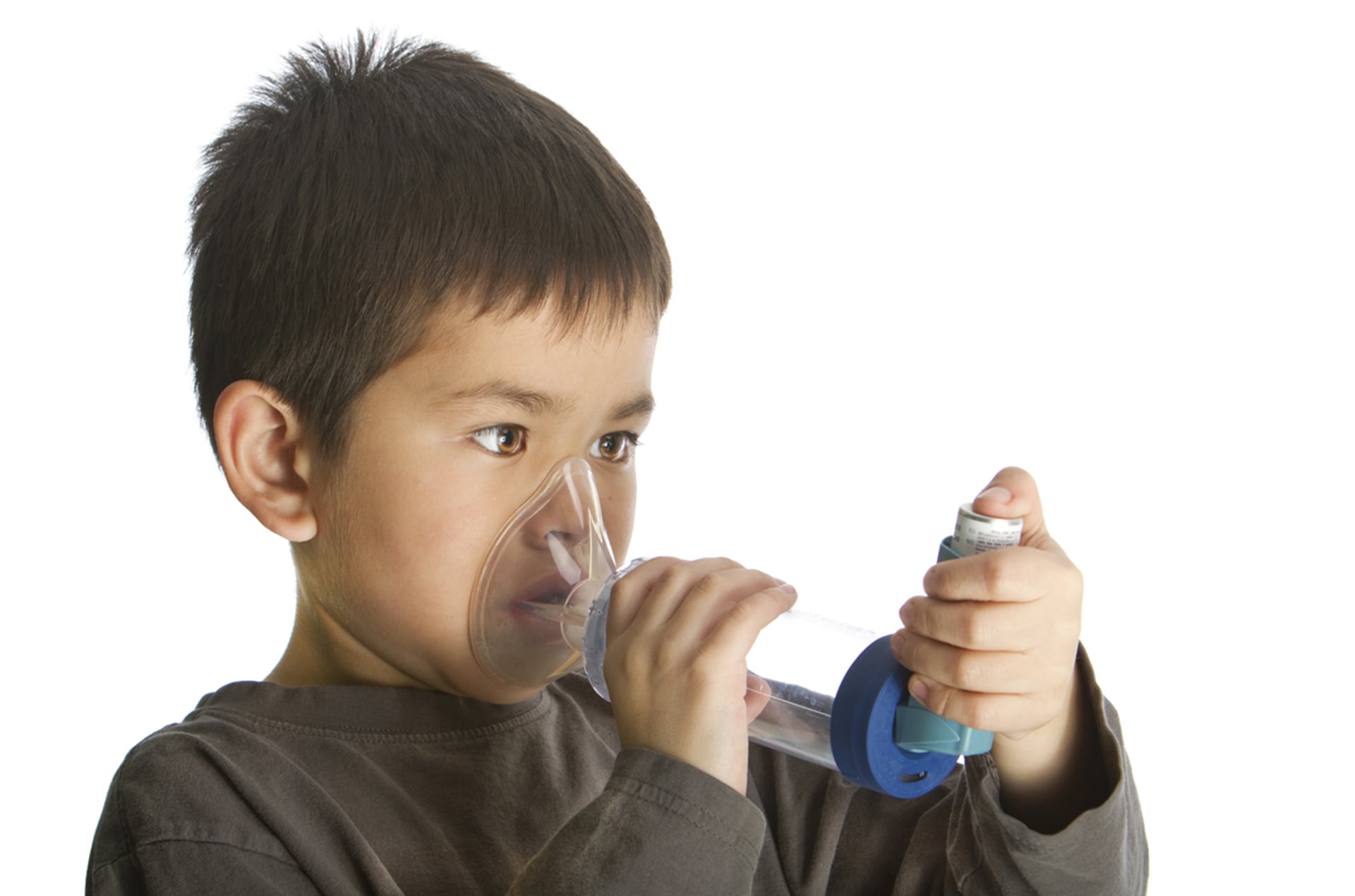To find a tool, use the search bar or click on one of the tiles below to explore. Tools may be listed under multiple categories.
You may see similar tools that are authored by different groups.
Check out the decision support guidance for each tool to determine which tool might be best for you.
About the Toolkit
The Asthma Best Practices Implementation Toolkit offers primary and community health care providers an evidence-based, easy-to-use, and accessible collection of tools that support the delivery of asthma care for children, adolescents, and adults in alignment with Ontario Health’s Asthma Quality Standards. Developed through a rigorous methodology, and designed as a searchable and intuitive one-stop-shop, the tools that have been selected for inclusion in the Toolkit are variably available to download, integrate into an EMR, and/or use on the web.
A valuable group of stakeholders came together to support the development of the Asthma Best Practices Implementation Toolkit. A multi-disciplinary Advisory Committee, led by our Clinical Lead, Dr. Alan Kaplan, collaborated to drive our mission forward. Thank you to our Clinical Lead and Advisory Committee members!
Clinical Lead:
- Alan Kaplan
Advisory Committee:
- Ryan Chan
- Christina Dolgowicz
- Tony D’Urzo
- Andrea Filip
- Samir Gupta
- Kaela Hilderley
- Jill Hubick
- Andrew Kouri
- Diane Lougheed
- Jennifer Millard
- Alison Morra
- Itamar Tamari
What is Asthma?
The Canadian Thoracic Society defines asthma as an inflammatory disorder of the airways characterized by paroxysmal or persistent symptoms such as dyspnea, chest tightness, wheezing, sputum production and cough, associated with variable airflow limitation and airway hyper-responsiveness to endogenous or exogenous stimuli. Inflammation and its resultant effects on airway structure and function are considered to be the main mechanisms leading to the development and maintenance of asthma.
What are Quality Standards?
Quality standards are sets of concise statements designed to help health care professionals easily and quickly know what care to provide, based on the best evidence. In 2020, Ontario Health developed the asthma quality standards for adults, and children and adolescents. The Asthma Best Practices Implementation Toolkit has been organized according to Ontario Health’s six quality standards on diagnosis, asthma control, asthma medication, self-management education and asthma action plan, referral to specialized asthma care, and follow-up after discharge.
Methodology
The Lung Health Foundation adopted a rigorous process to build the Asthma Best Practices Implementation Toolkit. Click each panel to learn more:
Recruitment
- We recruited experts to support the development and implementation of the Toolkit by formally extending a call for a Clinical Lead and Advisory Committee membership.
- Combined, we brought representatives from across Canada, with diverse backgrounds, training, and experience to the table.
Environmental Scan
- To identify relevant asthma tools, E2I Consulting conducted a search of English language websites, online tools, and other relevant resources, standards, guidelines, that are freely available to Canadian healthcare professionals.
Stakeholder Outreach
- The Advisory Committee was invited to provide their recommendations for tools and resources for potential inclusion in the Toolkit.
- The Lung Health Foundation also invited its Lung Health Network of Healthcare Professionals, and approximately 40 organizations across Canada with expertise in lung health, to offer suggestions for inclusion.
Voting and Consensus Process
- Taken together, the environmental scan and stakeholder outreach amounted to a full inventory of approximately 120 tools to be considered.
- Our Clinical Lead and Advisory Committee then participated in a step-by-step voting process to generate consensus for tool inclusion.
- Detailed discussion among the Committee informed the final stages of refinement, and a list of approximately 45 tools were included in the Toolkit.
Website Development and Beta Testing
- The Clinical Lead, Advisory Committee, and external stakeholders were invited to take part in a beta testing process to enhance the utility, feasibility, and usability of the online Toolkit.
Toolkit Updates
- The Toolkit will be periodically reviewed and updated (every two years at minimum) to include additional tools and resources that support best-practice asthma care. If you have a tool you would like to submit for consideration, please access the submission form here.
Connect With Us
We want to hear from you – provide feedback on the Toolkit or let us know if you are interested in collaborating on future projects! Please connect with our Certified Respiratory Educators on the Lung Health Line, reach out via email, and join our Lung Health Network for Healthcare Professionals. If you would like to submit a tool to be considered for potential inclusion in the Toolkit, please access the submission form here.






